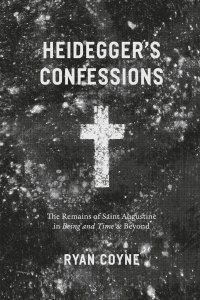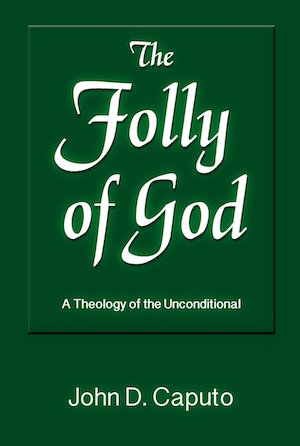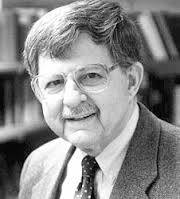Richard Hoskins, “Reinhold Niebuhr and the Role of Ethics in the Study of International Politics”
5:00 – 6:20 PM
Location: Swift 208
Richard Hoskins is a Ph.D. student at the Divinity School. He has a B.A. from the University of Kansas in political science and a J.D. from Northwestern University Law School, where he is a Senior Lecturer. He is also a partner in the Chicago law firm of Schiff Hardin LLP and a former Justice Department attorney, specifically Assistant United States Attorney for the Southern District of New York, Criminal Division. He has taught at the University of Virginia Law School and lectured at Yale and UCLALaw Schools and has published a number of articles in law journals.
Paper Description:
“My paper and presentation draw on my dissertation, based in theological ethics and international relations theory. It is an analysis of Reinhold Niebuhr’s theological, ethical, and political writings regarding relations among nation-states and U.S. foreign policy. I argue that the natural trajectory of Niebuhr’s thought (“Christian Realism”) when applied to international theory places him within what, in IR study, is called the English School of International Relations theory, one of four major schools. The English School is, in most ways, the successor to classical realism which was pioneered by Niebuhr and Hans Morgenthau and was the predominant school of IR theory from approximately the publication of Moral Man and Immoral Society in 1932 until soon after Niebuhr’s death in 1971. At about that time, American IR was converted from a humanistic, historical, and ethical study of international politics into a value-free social science on the model of economics. This came to be called “neorealism” or “structural realism,” in part to distinguish it from what then came to be called “classical realism.” Significantly, neorealism abandoned ethical inquiry as a serious component of IR study, marking a sharp departure from classical realism. It also set aside the role of human nature, which was of particular concern to Niebuhr and others in classical realism.
Thus, I focus on the role of ethical reasoning and judgment in international politics and argue for its continued importance. More specifically, I am concerned with (a) the role that Niebuhr assigned to ethical judgment in international politics; (b) how Niebuhr’s notions of moral judgment in IR arose from his Christian and Biblical theology, as well as the significance of the fact that this was and is not shared by other classical realists (much less neorealists); and (c) why the English School, while different from Christian Realism, is its logical ally in understanding international political developments.”

 A Conversation with John D. Caputo
A Conversation with John D. Caputo John D. Caputo, is the Thomas J. Watson Professor of Religion and Humanities Emeritus at Syracuse University and the David R. Cook Professor of Philosophy Emeritus at Villanova University. Caputo specializes in continental philosophy of religion, working on approaches to religion and theology in the light of contemporary phenomenology, hermeneutics and deconstruction, and also the presence in continental philosophy of radical religious and theological motifs. He is known especially for his notions of radical hermeneutics and the weakness of God.
John D. Caputo, is the Thomas J. Watson Professor of Religion and Humanities Emeritus at Syracuse University and the David R. Cook Professor of Philosophy Emeritus at Villanova University. Caputo specializes in continental philosophy of religion, working on approaches to religion and theology in the light of contemporary phenomenology, hermeneutics and deconstruction, and also the presence in continental philosophy of radical religious and theological motifs. He is known especially for his notions of radical hermeneutics and the weakness of God.